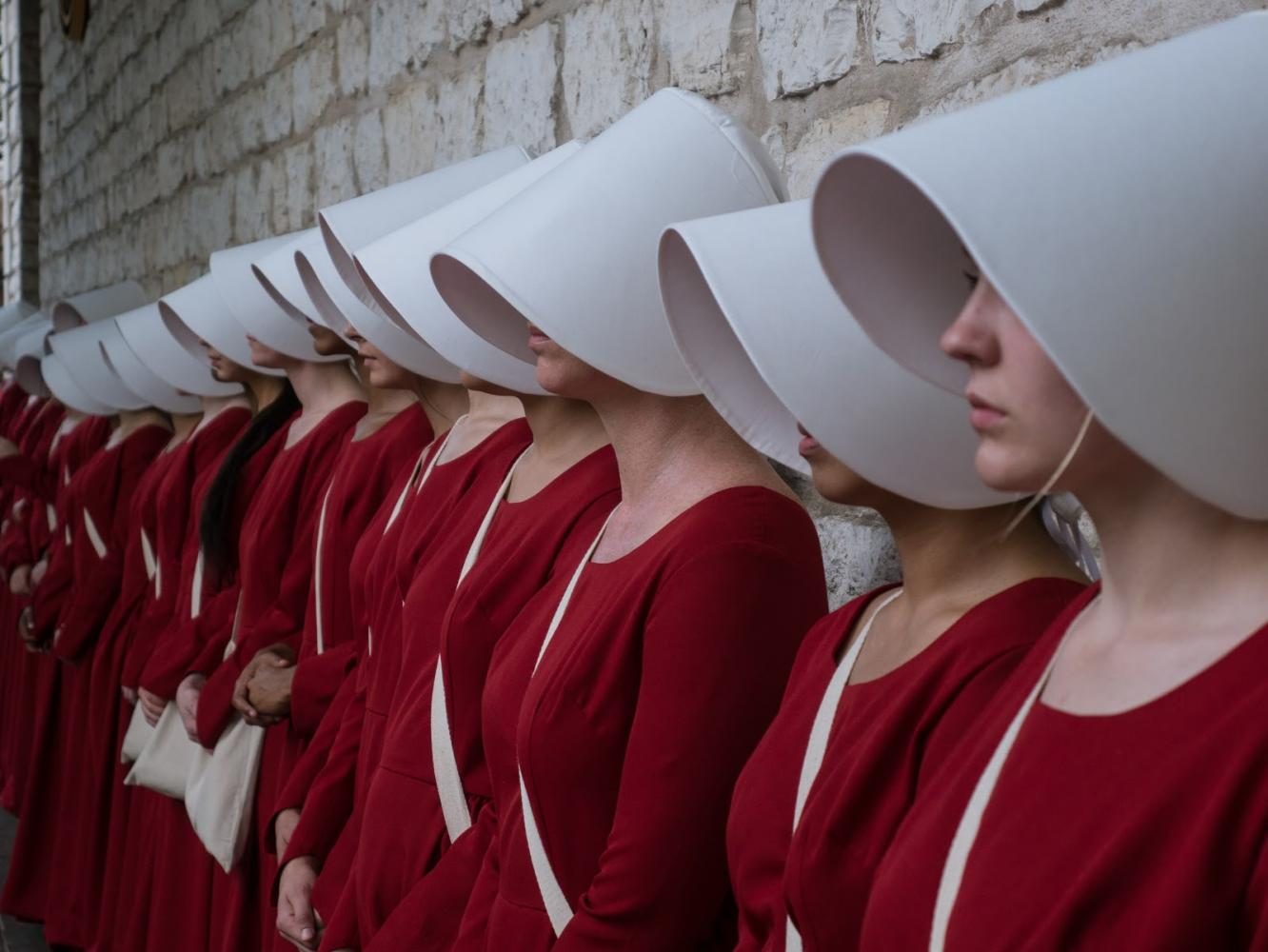TV Shows Veering Towards Harsh, Controversial Topics
June 14, 2017
The newest trend in popular TV shows today can be summed up by one word: exposure. The most talked-about TV programs are those that expose the ugly truth of what we value in society; whether it be sexism, racism or our increasing dependence on technology.
The rise in shows centered around human issues, whether displayed through metaphors or obvious plot lines, shows that young people today are not going settle for are the wholesome, cookie-cutter ones. The more conscious we become, the more conscious the media and entertainment will become, leading to society changing for the better.
According to a Techcrunch article, Hulu’s “The Handmaid’s Tale” was their most watched premiere ever. “The Handmaid’s Tale” is a show about dangers of everyday sexism. It also discusses how sexism could morph society into a dystopian community in which women are only used for their bodies or to carry out menial, traditional tasks, like cooking and cleaning.
According to an April Teen Vogue, the Netflix show “13 Reasons Why” is Netflix’s most popular show on social media. “13 Reasons Why” deals with the hard truths of high school and teenage suicide. Even though the show was not completely accurate in the portrayal of high school, it was a clear depiction of the extreme harm that bullying and sexual assault can do to someone’s mental state.
According to a 2013 article from The Guardian, the dark anthology “Black Mirror” has netted nearly 1.6 million viewers. “Black Mirror” is a collection of themes that mostly amplify humans’ weaknesses, their tendency to succomb to temptation and obsession with technology. Each episode is different from the last, with different characters and plots that all uncover an ugly aspect of human nature.
These shows may seem extremely different, but they all have one critical feature in common: they all expose the cruel realities of our superficial society.
One of the reasons these TV shows are so popular is because viewers are able to relate more to the controversial issues. The more exposure these social issues get on TV and the media, the more people are forced to evaluate how these hard issues impact society.
According to a 2011 Penn State Applied Social Psychology article, people form their identity based on internal and external factors. The media, one of the most powerful external factors impacting identity, is now considered an extension of everyday life and a tool of cultural change.
However, one problem with these heavy shows is that there are many ways they can be misinterpreted and taken as offensive. The surge of diverse TV shows that tackle different social issues encourages people to talk about these topics.
According to a 2015 article from the Global Web Index, 58 percent of American teenagers watch Netflix, so it is no surprise that many CHS students watch these shows and take their messages for the truth.
The success of these TV shows also encourages all types of people to talk about these controversial issues, taking away the traditional stigma surrounding these problems, and allowing people to be more open about their views.
Even though people are quick to criticize the amount of time teens spend watching TV shows, they do not truly understand the effect that these TV programs can have on them. The power of the media is the power to shape norms and identity.
As popular TV shows turn towards a more conscious view of our society, it could mean a complete change to the world for the better.


